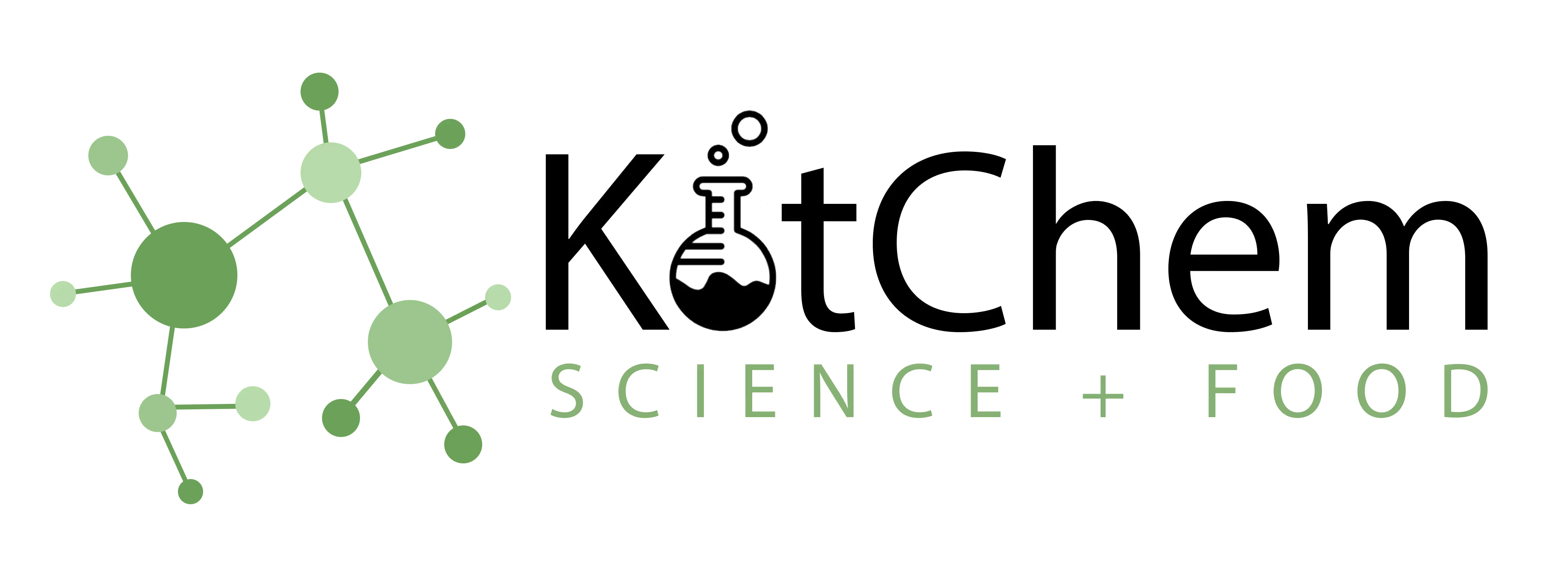Essential Frameworks for Food Formulation Consultant Collaboration
Explore our expert-written guides on food, supplement, and cannabis product development, built from 20+ years of real-world experience.
Introduction
Working with a food scientist requires clear processes and communication frameworks that align expectations from day one. Many companies focus exclusively on technical capabilities when selecting partners but overlook the collaboration systems that determine project success. This guide helps you understand the proven frameworks that ensure successful partnerships with food science consultants. We'll explore project initiation, communication systems, team integration, and management processes that drive effective collaboration.
Structured Project Initiation for Food Formulation Success
The foundation for successful food formulation consultant collaboration begins with a structured project initiation process. This critical first phase establishes clear expectations, scope boundaries, and success metrics that guide the entire engagement.
Structuring an effective kickoff meeting represents the first step in establishing strong food formulation consultant collaboration. This initial session should include:
- All key stakeholders
- Address project objectives
- Technical requirements
- Resource needs
- Timeline constraints
Rather than rushing into technical work, invest time in conducting thorough project scoping sessions that clearly define what's included—and importantly, what's excluded—from the consultant's responsibilities.
Defining project parameters prevents scope creep and misaligned expectations. Document specific deliverables, decision rights, and boundaries of authority. Successful food formulation consultant collaboration requires clarity on whether the consultant makes independent decisions or provides recommendations for internal approval.
Resource requirements must be established early:
- Lab access and ingredient sourcing responsibilities
- Analytical testing needs and internal support
- Prevents delays waiting for materials or approvals
Setting realistic project milestones creates accountability and progress visibility. Develop timeline frameworks with specific stage gates and decision points rather than just final deadlines. Building milestone tracking systems with shared visibility helps maintain momentum throughout the project lifecycle and provides early warning when adjustments are needed. Working with a food scientist becomes more efficient when these milestones are clearly communicated.
Effective Communication Systems for Food Science Partnerships
Effectively working with a food scientist depends on establishing communication systems that balance structure with flexibility. Clear protocols prevent information gaps while allowing for the creative exchanges essential to innovation.
Establishing a regular meeting cadence provides predictable touchpoints without excessive interruptions. Working with a food scientist typically benefits from weekly status meetings complemented by as-needed technical discussions. Rather than rigid scheduling, this approach ensures consistent communication while respecting the consultant's focused work time.
Secure data sharing becomes increasingly important as formulations and test results emerge. Setting up appropriate communication channels with proper security safeguards protects your intellectual property while enabling efficient collaboration. Working with a food scientist requires implementing file sharing systems that balance accessibility with protection.
Progress reporting frameworks provide visibility without excessive documentation:
- Standardized templates for consistent information
- Focus on metrics rather than activities
- Highlight achievements, barriers, milestones
- Include required decisions for actionable intelligence
Seamless Team Integration with Food Formulation Consultants
Successful food formulation consultant collaboration hinges on seamless integration with your existing teams. Without clear connection points, even the most talented consultant becomes an isolated resource rather than a multiplier of your capabilities.
Clear role delineation prevents overlap and conflict between consultants and internal staff. Effective teamwork starts with defining responsibilities according to expertise rather than organizational hierarchy. This clarity prevents territorial conflicts while ensuring each contributor focuses on their highest-value activities.
Knowledge sharing processes transform short-term engagements into long-term capability building. Creating structured knowledge transfer plans ensures your team absorbs the consultant's expertise throughout the project. Include scheduled technical sessions where internal teams learn underlying principles beyond specific formulations.
Cross-functional coordination becomes particularly important when multiple departments interact with the consultant:
- Prevents contradictory direction and competing priorities
- Designated integration points for marketing, operations
- Includes regulatory and R&D teams
Joint problem-solving approaches leverage combined expertise more effectively than siloed work. Working with a food scientist is most productive when you create collaborative sessions that tackle challenges collectively, leveraging both external expertise and internal knowledge.
Managing Food Scientist Projects and Deliverables Effectively
Consistent oversight and clear expectations form the backbone of effectively working with a food scientist. Structured project management ensures collaborative efforts remain focused on delivering concrete results rather than just activities.
Documentation requirements should be established at project initiation. Setting clear documentation standards prevents end-of-project scrambling to capture critical information. Effective project management includes specifying format, detail level, and ownership of technical documentation throughout the development process.
Quality assurance extends beyond the final product to every project stage. Implementing quality checkpoints for intermediate deliverables ensures alignment before proceeding to subsequent phases. Include review gates for formulations, protocols, and results before resources are committed to scale-up or implementation.
Timeline tracking requires more sophistication than simple deadline management. Managing project timelines effectively means understanding interdependencies between activities and adjusting dynamically as new information emerges. Visual project mapping that highlights critical path activities and buffer zones helps maintain realistic expectations.
Deliverable review protocols establish how work will be evaluated against success criteria. Creating structured review procedures prevents subjective assessment or shifting expectations. Final deliverables should be evaluated against documented specifications rather than evolving preferences. Successful food formulation consultant collaboration concludes with formal approval of deliverables that meet the established success criteria.
Building Competitive Advantage Through Food Formulation Partnerships
The success of food formulation consultant collaboration depends on structured frameworks at every partnership stage. Clear communication, seamless team integration, and robust project management transform technical expertise into tangible results. When you replace ad-hoc interactions with systematic approaches, you build repeatable processes for future engagements. Take time to implement these collaborative frameworks before your next product development initiative. With the right processes, these partnerships become a powerful competitive advantage.
